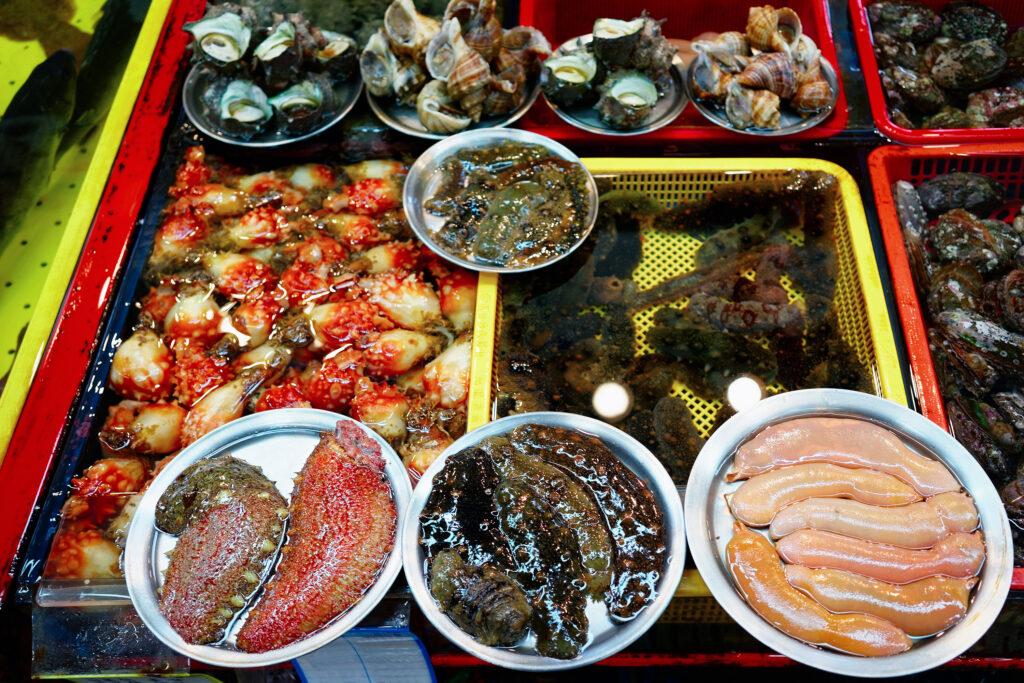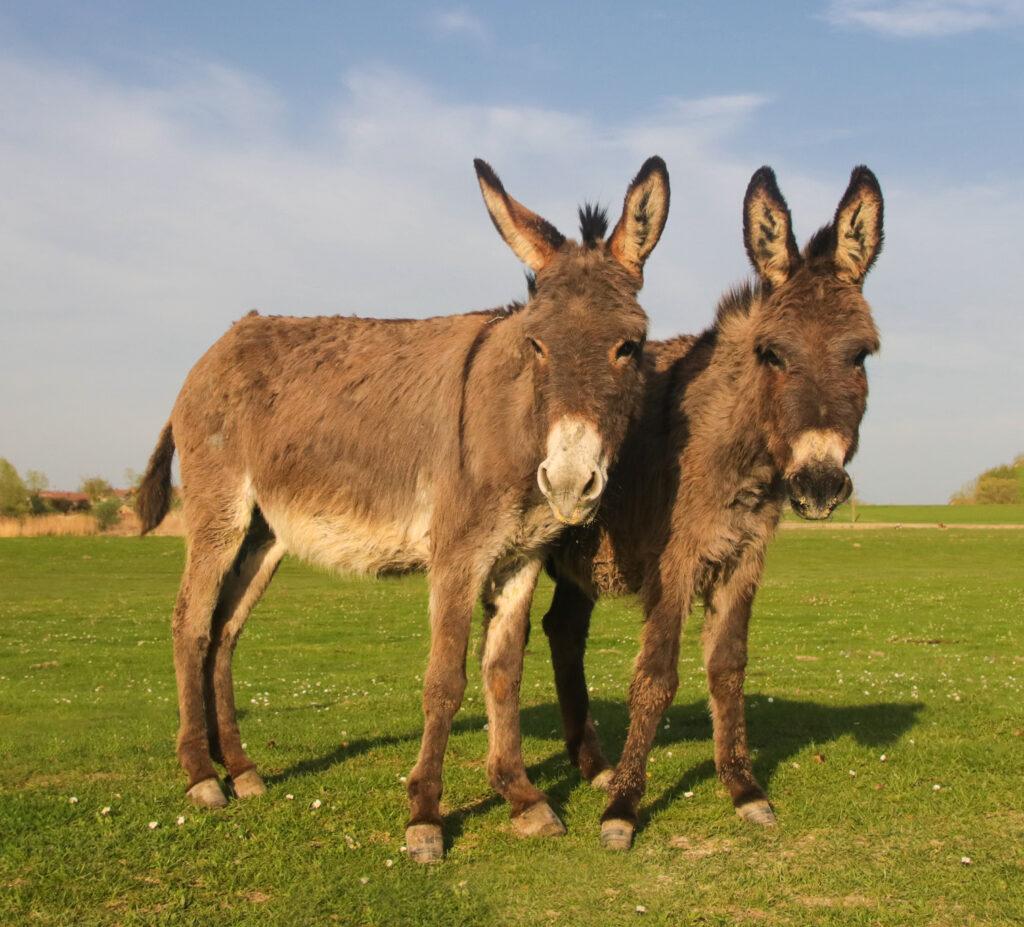Novel Rustrela virus behind the mystery of fatal ‘staggering disease’ of domestic cats

According to an article published in February 2023, the cause of the fatal "staggering disease" has probably been found. ‘Staggering disease’ is a neurological disease entity considered a threat to European domestic cats (Felis catus) for almost five decades. However, its aetiology has remained obscure.
Ultra-processed foods may increse cancer risk

New scientific evidences support that ultra-processed foods (UPFs) may increse cancer risk. Researcher found that a 10% increase in consumption of ultra-processed food was linked to a 2% increase in being diagnosed with cancer and a 6% increase in dying from cancer.
Plant-based and vegan infant formula

Plant-based diets are not only common among adults, the trend is also gaining popularity in the feeding of children and babies. The infant nutrition category is among the most strictly regulated product area, since infants are the most vulnerable group of society and the resctricted variety of their diet makes them more exposed to any contaminants in their food.
Food safety risks posed by the consumption of sea cucumbers

Sea cucumbers are an important food item in Asian and Pacific cuisines, with China being the largest consumer. Consumption of sea cucumbers is expanding in Asia, due to a large and growing population, urbanization, increase in income. In addition, the expansion of international trade has been growing as well.
University students convert grass to edible starch
Students from Kabarak University in Kenya have developed a way to convert grass into starch flour. The team believes their innovative idea could help alleviate hunger around the world.
Potentially deadly human and horse diseases being spread by donkey skin trade

Over 4.8 million donkeys are traded and slaughtered each year for their skins, which are used in the production of ejiao, a traditional Chinese remedy with supposed medicinal properties.
Flu that spread from wild birds to mink
A study published in the medical journal Eurosurveillance is raising global alarm as it suggests that the recent outbreak of avian flu on a Spanish mink farm stemmed from wild birds.
Seaweed – potential risks and new uses

The world is facing a significant food security crisis, with 2 billion people suffering from moderate or severe food insecurity. To address this issue, novel foods such as seaweeds are being explored as a potential solution to increase food yields and prevent global food shortages.
Heavy metals found in dark chocolate

According to research by the American consumer magazine Consumer Reports, dark chocolates may contain dangerous amounts of heavy metals.
Spices can be a serious source of lead intake in children

According to a research, contaminated spices were determined to be the second largest cause of lead poisoning in children in 2021 in Nebraska’s most populous county.
